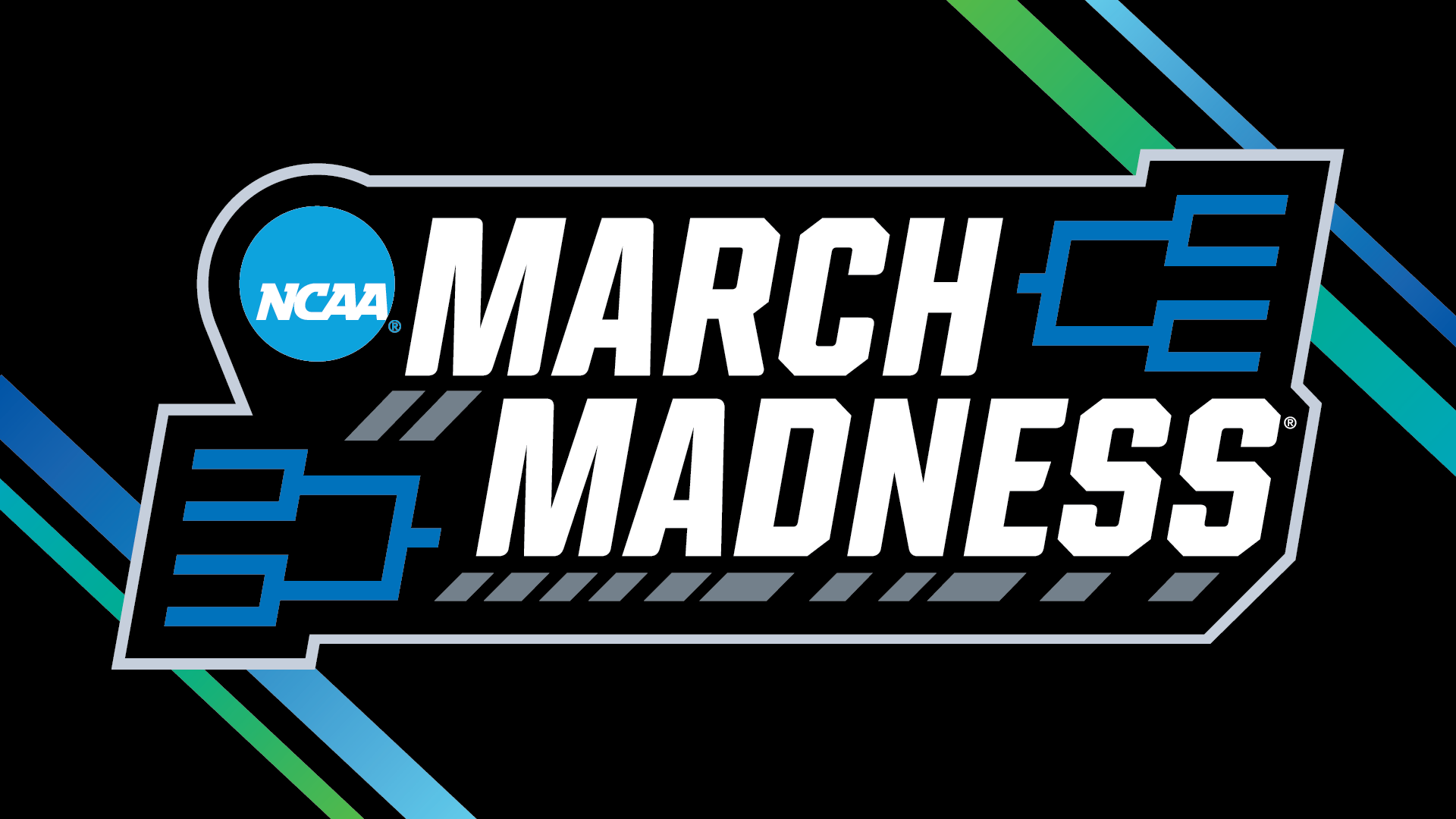Uncovering The Future Of March Madness: 2025's NCAA Tournament Autobids
As the world of sports continues to evolve, one event stands out as a beacon of excitement and unpredictability - the NCAA Men's Division I Basketball Championship, commonly referred to as March Madness. For decades, the tournament has captivated audiences with its unique blend of athleticism, strategy, and drama. However, with the advent of new technologies and innovations, the landscape of March Madness is poised for a significant transformation in the near future. In this article, we'll delve into the world of autobids, a concept that promises to revolutionize the way we experience the NCAA Tournament in 2025.
Autobids: The Key to a Smoother, More Efficient Tournament Experience
Autobids, short for automated bids, refer to a system that uses data and algorithms to automatically assign seeding and tournament assignments to teams. This innovative approach aims to simplify the bracket selection process, reduce bias, and create a more level playing field for all participating teams. By leveraging advanced analytics and machine learning techniques, autobids have the potential to enhance the overall March Madness experience, making it more accessible, engaging, and entertaining for fans worldwide.
Key Benefits of Autobids
• Improved seeding accuracy: Autobids can analyze a wide range of data points, including team performance, strength of schedule, and statistical metrics, to generate more accurate seeding assignments.
• Enhanced transparency: By providing clear and objective explanations for seeding decisions, autobids can increase transparency and reduce controversy surrounding bracket choices.
• Increased efficiency: The automated process of autobids can significantly reduce the time and resources required to select the bracket, allowing tournament organizers to focus on other aspects of the event.
• Better representation: Autobids can ensure that all participating teams receive a fair and equal opportunity to advance in the tournament, regardless of their conference, region, or performance level.
Implementation of Autobids: What to Expect in 2025
While the exact implementation timeline for autobids remains uncertain, several factors suggest that we can expect to see significant progress in the development and deployment of this technology in the coming years. Some of the key milestones and developments that could shape the future of March Madness include:
Advanced Analytics and Machine Learning
The success of autobids will rely heavily on the ability to collect, analyze, and interpret vast amounts of data from various sources, including team performance metrics, sports analytics platforms, and social media sentiment analysis. By leveraging advanced machine learning algorithms and data visualization tools, tournament organizers can gain a deeper understanding of team strengths and weaknesses, allowing for more informed seeding decisions.
Key Players in the Autobids Revolution
Several organizations and individuals are already making significant contributions to the development of autobids and the broader NCAA Tournament landscape. Some of the key players to watch in the coming years include:
• The NCAA's Innovation Hub: The NCAA's innovation arm, which focuses on developing new technologies and initiatives to enhance the fan experience.
• The Sports Analytics Industry: Companies like SportsData, DataSky, and Opta Sports are already working with various sports leagues and organizations to develop advanced analytics solutions.
• Notable Researchers and Scholars: Academics and researchers from top universities are actively exploring the potential of autobids and other advanced technologies to improve the NCAA Tournament experience.
Challenges and Controversies
While autobids hold great promise for revolutionizing the NCAA Tournament experience, several challenges and controversies must be addressed in order to ensure a successful implementation. Some of the key concerns include:
Seeding Algorithm Design
The seeding algorithm itself is a critical component of the autobids system. If not designed carefully, the algorithm can perpetuate existing biases and inequalities, undermining the integrity of the tournament. To mitigate this risk, tournament organizers must carefully evaluate and refine the seeding algorithm to ensure it is fair, transparent, and objective.
Data Quality and Reliability
The accuracy and reliability of data used to inform seeding decisions are essential to the success of autobids. However, ensuring the quality and integrity of this data can be a significant challenge, particularly in the context of a complex and dynamic tournament environment.
Fan Engagement and Participation
Autobids must also consider the needs and expectations of fans, who will be crucial to the success of the system. This may involve developing new technologies and platforms to facilitate fan engagement and participation, such as real-time bracket updates, prediction tools, and social media integration.
The Future of March Madness: A Bidding Era
As we look to the future of March Madness, it's clear that autobids represent a significant turning point in the history of the NCAA Tournament. By embracing this technology, tournament organizers can create a more inclusive, efficient, and engaging experience for fans worldwide. While challenges and controversies will undoubtedly arise, the potential benefits of autobids far outweigh the risks, promising a brighter future for the world of college basketball.
The implications of autobids extend far beyond the NCAA Tournament, however. As the sports industry continues to evolve, we can expect to see the widespread adoption of similar technologies and innovations, from automated refereeing systems to AI-powered coaching tools. By staying ahead of the curve and embracing new technologies, the NCAA can position itself for long-term success and reinforce its position as a leader in the world of sports.
In conclusion, the future of March Madness is bright, and the introduction of autobids represents a significant step forward in the evolution of the NCAA Tournament. By addressing the challenges and controversies associated with this technology, tournament organizers can create a more inclusive, efficient, and engaging experience for fans worldwide. As we look to the years ahead, one thing is certain - the world of March Madness will never be the same again.
Lorne Greene Height
Competition Rank Tracker
Islon Musk Married 2024
Article Recommendations
- Alex Landi
- Barron Trump Heightisease
- Is Justin Bieberied
- Pamibaby
- Subhshree
- Diddy And Beyonce
- Sam Frankd Fans
- Carly Jane Fans
- Watchports Online Free
- Is Holly Rowe Married



